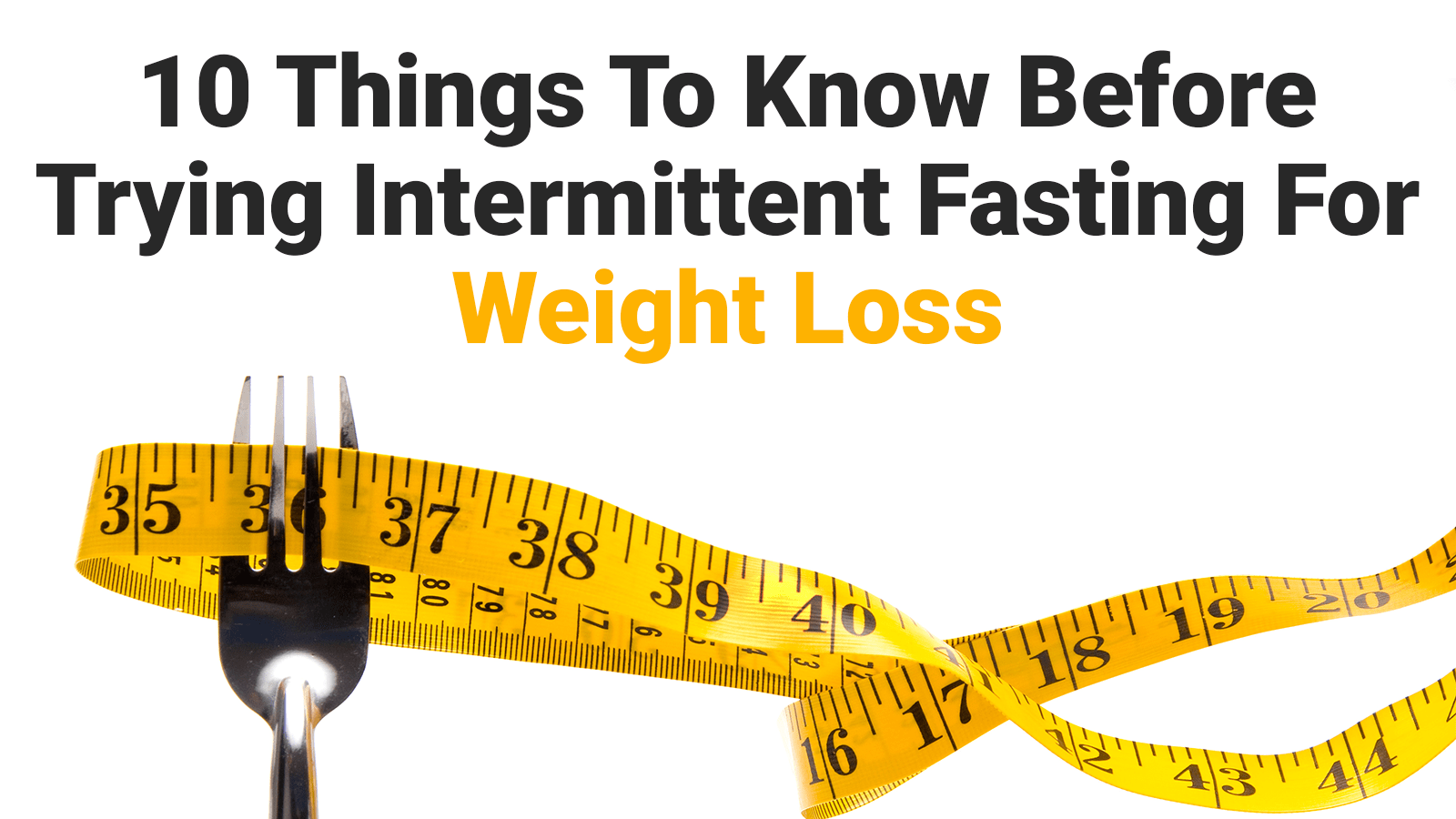While browsing through some weight loss materials, I see this term that catches my attention…”weight loss resistance”. WOW! There is actually a term that describes my current situation perfectly, and there must be others like me. I am struggling with trying to reduce my weight by 15 more pounds, but my previous diets and exercises are no longer effective. I need a new approach. Maybe I need to try intermittent fasting for weight loss, but I need to research it thoroughly.
What Is Intermittent Fasting?
I am a cautious person, and I do not jump into something different without having some knowledge about the idea. Intermittent fasting for weight loss involves eating for a certain period of time and then not eating for a specified time period. According to certified dietitian Leslie Langevin of Whole Health Nutrition, the method works by getting your body out of storing fat and using stored fat for energy. This is the reasoning that explains the success of losing weight with fasting. Of particular interest is the idea that the dreaded word “diet” is not in any of the sources I read. Instead, intermittent fasting is a lifestyle change.

How Does Intermittent Fasting Help With Unwanted Weight?
Research indicates that intermittent fasting is an effective strategy for weight loss. There are several ways that eating and fasting helps you lose unwanted weight fast.
1. There are different models to follow
You are free from just one restrictive plan that some diets use. Find the model that works for you. This is not a starvation plan. Calories for consumption are available each day. You decide which days you want a lower amount of calories, or you choose how many hours you want to fast between meals. The most popular options are:
- The 5/2 Plan (fast for 2 days).
- The 18/6 Method (fast for 18 hours each day).
- Alternate Day Fasting (fast every other day for 24 hours).
- The 20/4 Plan (only eat during a 4 hour period).
There are more options available on the above link. Choose the eating and fasting windows that suit your lifestyle. How long you go without food is totally up to you.
2. Makes it easier to cut calories
Overall, you consume less calories. Less eating produces less calories. It is important to not over-indulge during eating periods. The only calories you need to count are the ones you consume on fasting days. The recommendations for caloric intake on fasting days are 500 calories for women and 600 for men.
3. The body burns fat faster and more efficiently
By fasting. you lose weight, reduce body fat percentages, and improve your overall health.
4. Allows for insulin levels to lower
Insulin increases after eating. During fasting, insulin decreases. According to Dr. Naiman, after 18-24 hours of fasting, insulin is at its lowest levels and this is a prime time for fat burning and cellular repair.
5. Reduces cholesterol
One of the benefits of weight loss is a reduction in cholesterol.
6. Increases hormone levels
Fasting triggers the production of human growth hormone. Increasing HGH promotes faster weight loss and more energy.
7. Natural pattern for our bodies
Based on our ancient ancestors’ eating patterns, we only need to eat when food is available. This approach increases the time that our bodies use stored energy. When your body uses stored energy, you lose weight.
8. You learn the difference between when you need to eat and when you want to eat
Being aware of when you need to eat helps to reduce these unhealthy eating habits:
- Grazing all day long.
- Mindless snacking before bedtime.
- Emotional eating.
Studies show that when your body adjusts to this new pattern, it does not lead to any type of binge eating.
9. Increases metabolism
Some people may tell you that fasting decreases metabolism because you feel sluggish. This is simply not true. Fasting increases metabolism because your body relies on stored energy. One study of 11 healthy men shows that a 3-day fast increased their metabolism by 14%.
10. Less likely to cheat
Since intermittent fasting for weight loss is so easy to follow, it reduces the chances of participants cheating. It does not have diet restrictions that make us cringe. You can enjoy a meal and not feel guilty.
11. Easy plan to follow
All you have to do is eat, do not eat, and eat. There is no need to stress about good foods or bad foods. You do not need to measure foods. You simply eat reasonably and then stop eating for the time period that is best for you.
12. Affordable
This method for weight loss does not require membership fees or purchasing special meals. Actually, you should see a decrease in your grocery bill because you are eating less food.
The success of the intermittent weight loss plan is dependent upon a few factors:
- Not overeating.
- Not under-eating.
- Finding the right model.
Intermittent fasting for weight loss has so many positive aspects, the biggest being that it provides weight loss success. In the future, we may hear more about fasting and its anti-aging and disease prevention abilities.




















